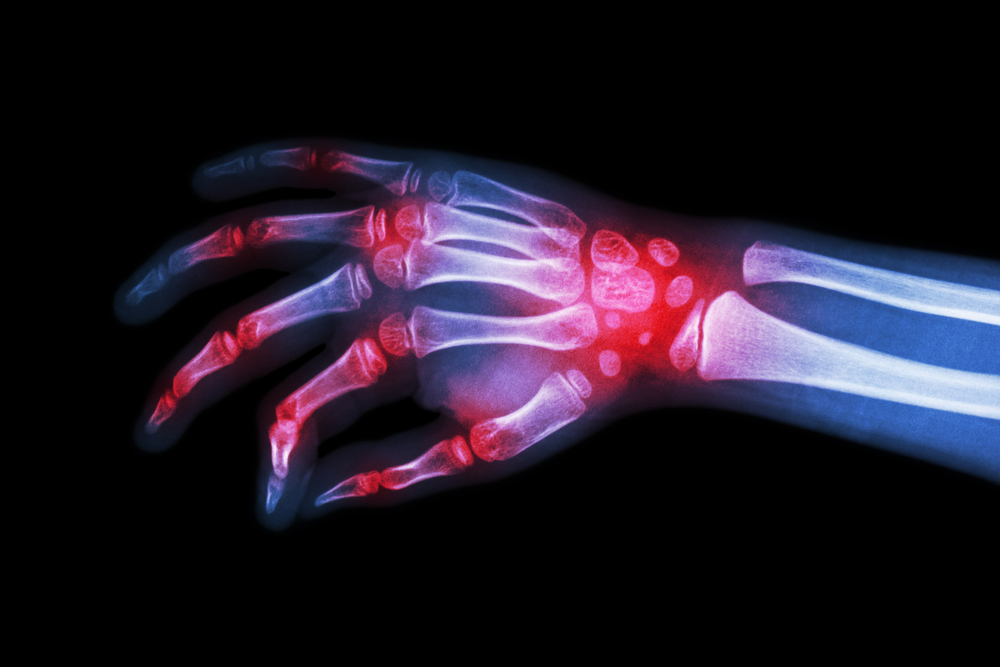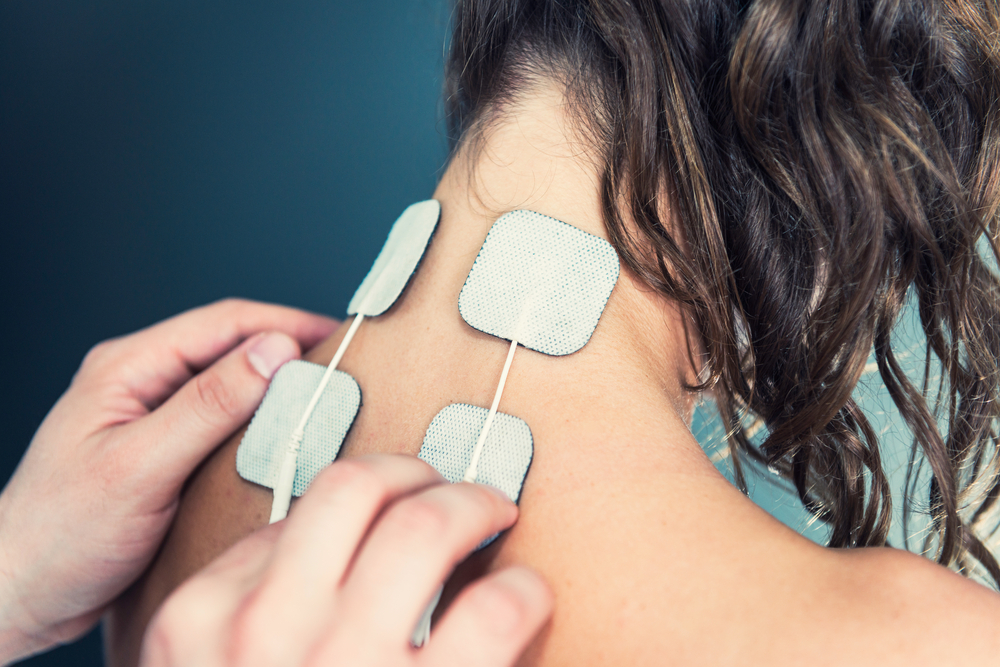
Here’s an overwhelming scenario: What if there was clearly something seriously wrong with your body. An issue that could kill you at any moment, and you simply was clueless that? It’s an issue that makes anyone nervous. As well as people with dilated cardiomyopathy, it’s a terrifying reality.
Dilated cardiomyopathy is actually a condition that affects the very center, despite it lets you do cause certain symptoms, it’s challenging to detect. Which of course means just about anyone may just be impacted by it instead of know. So what exactly do you find it? How does one detect it? Precisely what would you caused by address it?
Your heart is often a muscle, the most crucial muscle in your body. And it’s divided up into four sections constructed from two atriums in order to ventricles. These chambers move blood in the heart or longer the aorta where its distributed round the body. This blood delivers oxygen on your cells and then to the brain. And without this oxygen visiting the brain, you’d probably quickly lose consciousness as well as the cells in your brain would will die.
This makes dilated cardiomyopathy so dangerous. Essentially, it’s a medical condition the location where the heart’s largest pumping chamber, the left ventricle, becomes enlarged. This expansion helps it be weaker, that means it can’t push enough blood to keep the organs functioning.
We aren’t entirely sure what’s causing dilated cardiomyopathy, but we realize that there is probably an innate component since several people that have the trouble have household who are suffering from this. Furthermore, there are several stuff often contribute. Hypertension, diabetes, and infections from the lining of the heart all allow you to prone to develop dilated cardiomyopathy.
Finally, alcohol abuse can weaken and enlarge the center. So alcoholism and the usage of amphetamines and cocaine can bring about enlarged ventricles. But regardless if your ventricles set out to expand, it’s not easy to tell for people with dilated cardiomyopathy because the symptoms is often very tough to detect.
How Do You Know You Have It?
At first, someone with dilated cardiomyopathy may show no symptoms. Because condition gets worse, you’ll will notice certain signs. These symptoms are items like fatigue and breathlessness as the heart struggles to get enough oxygen around our bodies to help keep things operating smoothly. Gradually, your legs might set out to increase the size of additionally, the absence of oxygen can even result in fainting spells.
Finally, the single most noticeable?signs is frequent shivers for your weakened heart strives to prevent the blood flowing and convulses rapidly. This leads to the level of pain or pressure from the chest you would probably associate with heart failure.
If you feel such symptoms, especially difficulty breathing and chest pains, you should view a doctor immediately. These are definitely serious signs that something is wrong in your heart. If it’s not dilated cardiomyopathy, it may possibly definitely be a coming cardiac arrest. The most beneficial option is to buy treatment without delay.
How Can you Address it?
There are a couple of tips on how to treat dilated cardiomyopathy. The first kind of defense is drugs. Doctors can prescribe the likes of beta blockers as well as aspirin. Beta blockers help reduce your heartbeat and reduce high blood pressure which will help to stop further damage to the guts. And aspirin thins the blood that will help prevent dangerous blood clots from forming.
But also there is a surgical option in case your condition is advanced enough. Your doctors might choose to implant a system in your chest called an implantable cardioverter-defibrillator. These products essentially monitor the rhythm of this heart and gives it a shock once it heats up senses that it’s beating too fast. This shock resets your heart so it really beat normally. They may be implanted in people who have a poor heart and can be life-saving.
And you can also have a device implanted that actually helps your heart pump blood. The product work by artificially compressing the ventricles and essentially submitting to the weakened muscle. But getting such type of device running on your abdomen is definitely a invasive procedure and can be fairly dangerous, this is why it’s not the very first decision for dealing with the illness.
Finally, if all else fails, a heart transplant might be necessary.
The the main thing is to buy treatment as early as you use whatever of your signs since halting the wear and tear before it becomes too severe is the foremost way to treat dilated cardiomyopathy. But let us know, do you know of dilated cardiomyopathy? How can you see the signs? What treatment have you ever get? Tell us from the comments.













